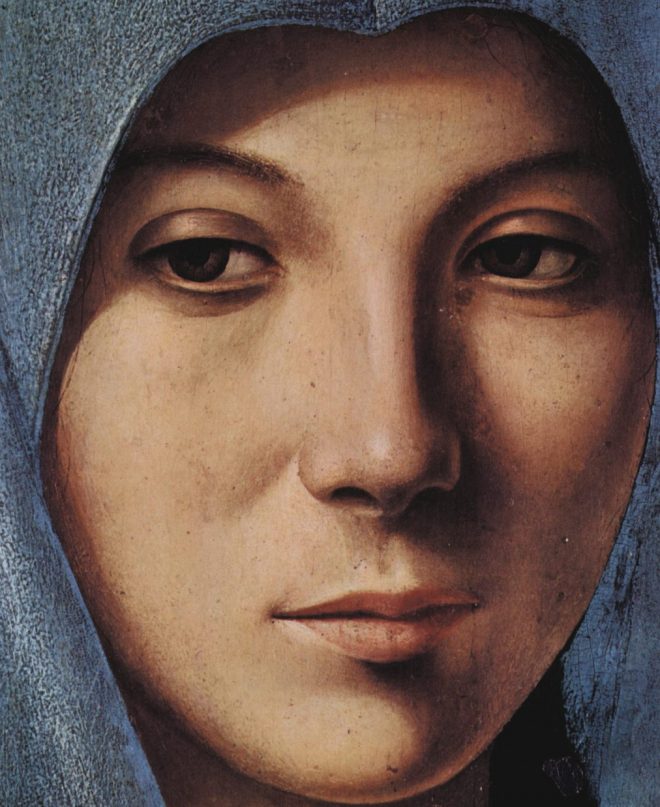The courage of one’s own ideas: an interview with Oscar Di Montigny
“A hero is a simple man. Rather than being strong and powerful, he is someone who accomplishes an extraordinary and generous act of courage that involves or leads to self-conscious sacrifice in order to protect the good of others or the common good.”
Oscar Di Montigny
It is a hot and humid morning, the type that makes you wish it were already evening. The bus, after making its slow and lazy path through the city center, deposits me in front of the hotel where I have my appointment. I pass beyond the huge lobby, full of golden mirrors and red sofas. At the end of the a the hall, in the shadows of large chinese vases eastern jars, awaits Oscar Di Montigny – an international success manager, who is at the same time an instigator and advocate of Economics 0.0, a new a sustainable economy proposal, where business combines with Philosophy, finance with art and science.
At hand, I have a copy of his latest book New Heroes.
As he greets me, I wonder why someone so highly paid spends his time promoting and spreading ideas and concepts of high social value – more akin to those of a free thinker than a manager.
What motivates a person – who on a daily basis deals with cold numbers – to speak about common good, values and heroes? It is this curiosity and desire to go beyond the usual stereotypes of men in finance which prompts this interview. And honestly, at the end of the discussion, I leave the lobby with its golden mirrors and red sofas happy to have met a man who loves to think and go beyond the conventions and compromises imposed by society.
Oscar, in an era increasingly dominated by technology and globalization, is there still room for heroes? Who are the heroes of our times and our society?
The heroes of our times sacrifice each day to do something good and useful for people close to them, or the wider community without asking for anything in return. There is hunger for new heroes, people who put love and gratitude first, beyond all selfishness and individual interest.
But beware. We must not think that this committment is exclusive to saints. Anyone can be a new hero. And we can all be lucky enough to meet in our daily lives these new heroes. Heroism is not something abstract or ideal that is above our own strength, but on the contrary it is a seed planted in each of us, real, true, always ready to sprout. All you have to do is nurture it daily with love and conviction to transform the seed into a lush plant that can provide its rich fruit for humanity.
We must learn to use family values to guide us in making contributions that will benefit everyone. Only in this way will we live eternally, through those parts we have donated to others.
There is an affirmation in the book that has particularly impressed me. “The real revolution is no longer in change but in the speed of this change.” In this ongoing race, however, do we risk losing sight of true values and our roots? Perhaps even heading in the wrong direction?
Some years ago, I was lucky enough to meet Tara Gandhi, the granddaughter of Mahatma Gandhi. Tara told me that her grandfather always said to her: “It’s not the speed that makes the difference, but the direction.” And its not old social systems, political or economic structures, ideologies, or big corporations that provide direction. Who is it then? It is us, only we do. All people with good intentions who want to leave a trace of good in this world. It is the normal man who makes a daily commitment to the community as the new guide of our time. This is the true great revolution of today. It is no longer the time of mini gods like those of classical Greece, the medieval prophets, or populist leaders of the 20th century. The new heroes paving the way are normal people.
How important is it for a company today to create culture and share values beyond selling products?
Is critical. A company today that only aims to sell a product and service would go bankrupt. Times have changed and businesses have to learn to create and disseminate a culture of values to go beyond the narrow fence of their business interests. The goal is to make a contribution to a
sustainable economy – what I call Economy 0.0. – where philosophy, art and science meet and harmonize with business to offer not only a product but also community good. I can give an example. Some time ago, I devised and launched Centodieci, a platform that offers free ideas and tools to help build a culture of human and social values and to train knowledge and skills. Investing in culture always produces social value and competitive advantage, which is the goal that a modern company should always aim for. Through Centodieci, for example, we offer stimuli and reflections on how technology is increasingly impacting our society, our living habits, but also our values and roots. This can be good or bad. It’s not up to me to decide. My job is to guide and help people reflect on making the most righteous and successful choices. Helping people ask questions and try to get answers. If I succeed in this endeavour, even if it is minimal, every day I will be more satisfied with it because I will also contribute to building a small part of the common good in my own.
Note
Oscar Di Montigny is an international manager and advocate of the principles of Economics 0.0. He is the author of the blog:
Riflessioni per il Terzo Millennio.















